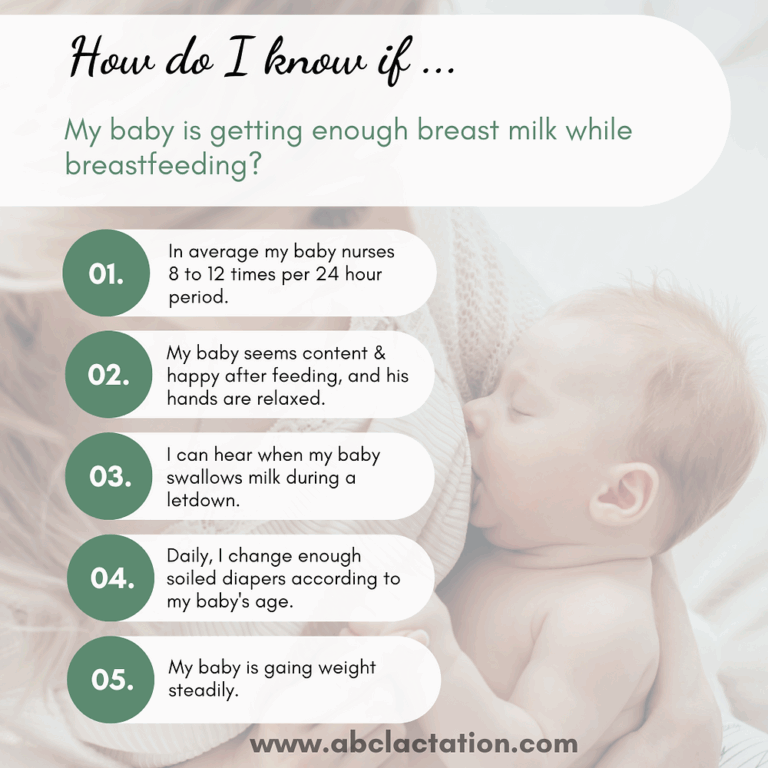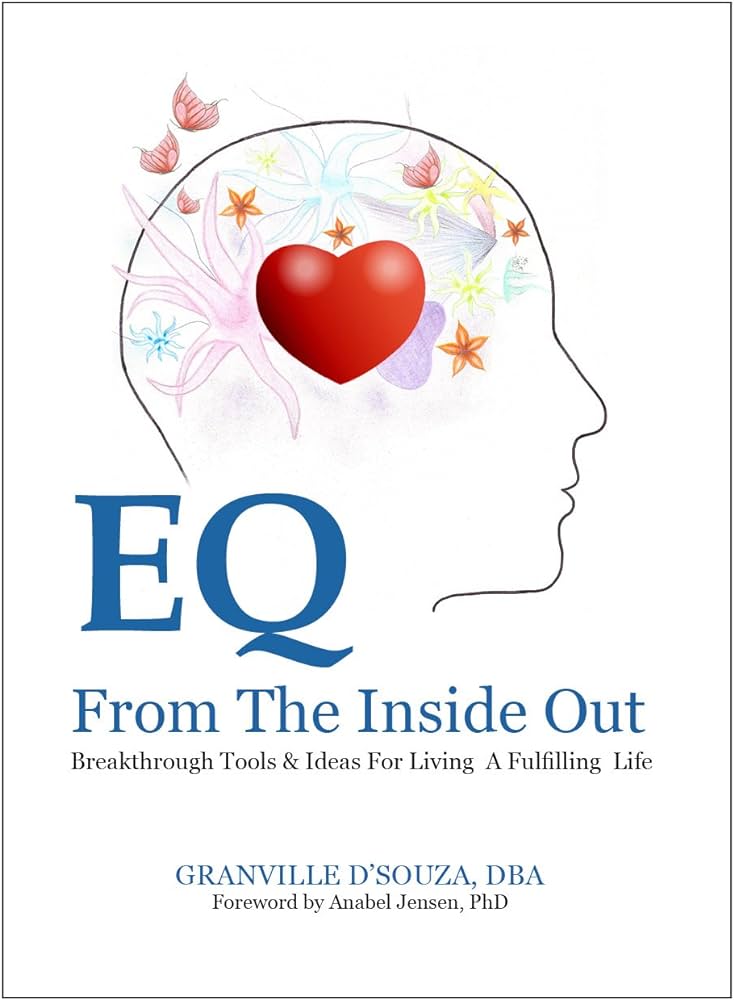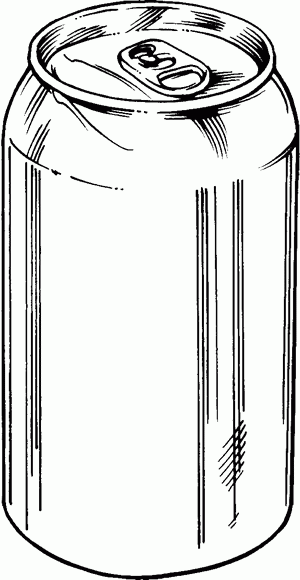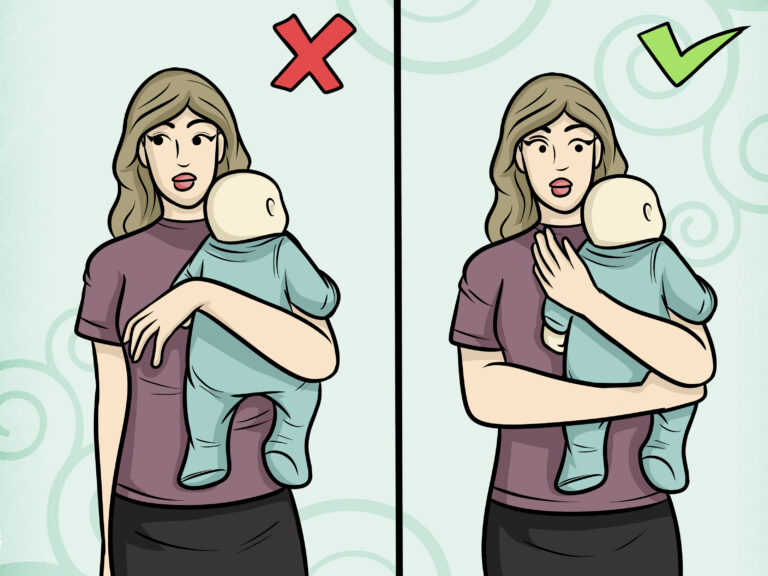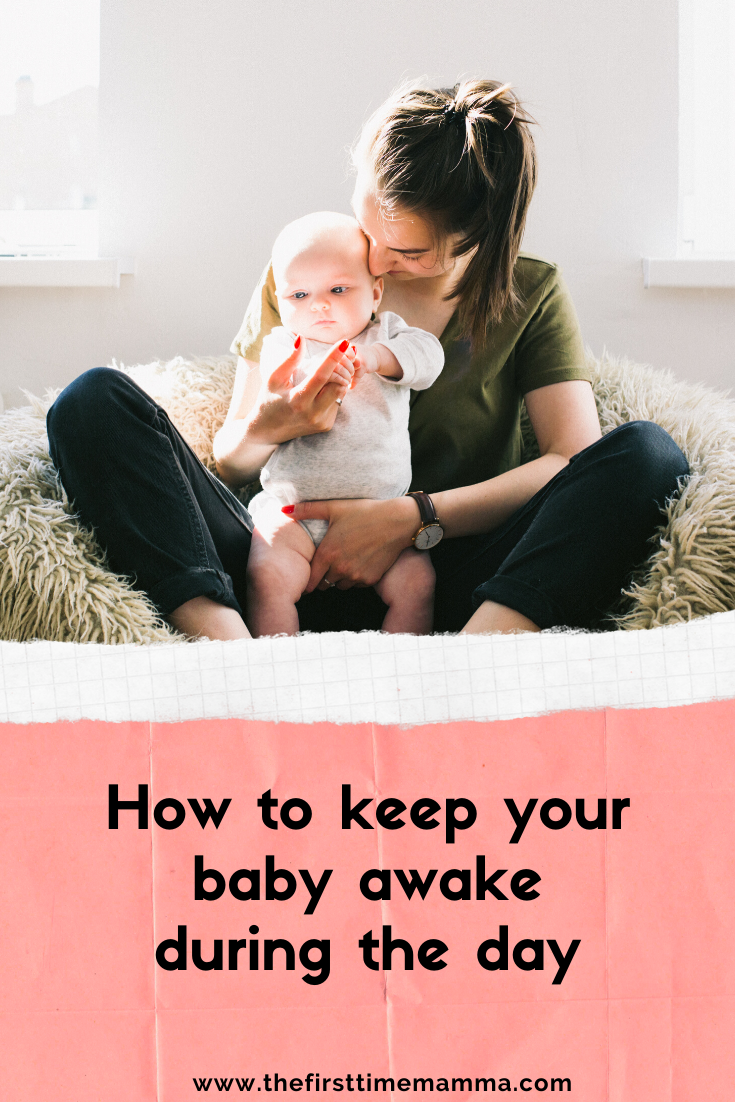Can You Get Pregnant When You’re Not Ovulating? Unraveling the Myths and Truths
The journey of conception can be a complex one, and understanding the intricacies of the menstrual cycle is key. One common question that arises is whether pregnancy is possible outside the ovulation window. This article delves into the fascinating realm of fertility, exploring the factors that influence ovulation, the methods to detect it, and the likelihood of conceiving when not ovulating. Along the way, we’ll unravel the myths and uncover the truths, empowering you with knowledge to navigate your reproductive health.
The menstrual cycle is a carefully orchestrated dance of hormones, with ovulation playing a pivotal role in fertility. Understanding the different phases of the cycle and the factors that can affect ovulation is crucial for anyone seeking to conceive or prevent pregnancy. This article provides a comprehensive guide to these essential aspects, arming you with the information you need to make informed decisions about your reproductive health.
Can You Get Pregnant When You’re Not Ovulating?
:max_bytes(150000):strip_icc()/ovulation-on-body-basal-temperature-chart-1960284_FINAL-321ccf17906a4c33b230f959d0c9916b.png?w=700)
Gettin’ jiggy wit’ it when you ain’t ovulatin’ is like tryin’ to find a needle in a haystack, innit? The chances are slim to none, bruv.
Ovulation is when your ovary releases an egg, ready to be fertilised by a sperm. If you’re not ovulating, there’s no egg to fertilise, so you can’t get pregnant. Simple as that, mate.
Signs You’re Not Ovulating
- Irregular periods
- No periods at all
- Spotting or bleeding between periods
- Difficulty conceiving
- Hot flashes
- Night sweats
- Mood swings
Reasons Why You Might Not Be Ovulating
- Polycystic ovary syndrome (PCOS)
- Hypothyroidism
- Hyperthyroidism
- Premature ovarian failure
- Stress
- Weight loss or gain
- Medications
What to Do If You’re Not Ovulating
If you’re not ovulating, there are a few things you can do to try and get your body back on track:
- Lose weight if you’re overweight or obese
- Exercise regularly
- Eat a healthy diet
- Reduce stress
- Get enough sleep
- Talk to your doctor about medication
If you’re not ovulating, it’s important to see your doctor to rule out any underlying medical conditions. Once you’re ovulating again, you’ll have a much better chance of getting pregnant.
Frequently Asked Questions
Can stress delay ovulation?
Yes, stress can disrupt the delicate hormonal balance, potentially delaying ovulation or causing it to occur irregularly.
How can I increase my chances of getting pregnant?
Regular ovulation, healthy sperm, and optimal timing of intercourse are key factors. Seeking preconception care, maintaining a healthy weight, and managing stress can also improve fertility.
What are the early signs of pregnancy?
Missed period, breast tenderness, nausea, and fatigue are common early signs of pregnancy. However, these symptoms can also be associated with other conditions, so a pregnancy test is recommended for confirmation.
Can I get pregnant if I have irregular periods?
Yes, it’s possible to get pregnant with irregular periods, but it may be more challenging. Ovulation predictor kits or basal body temperature tracking can help identify fertile days.
